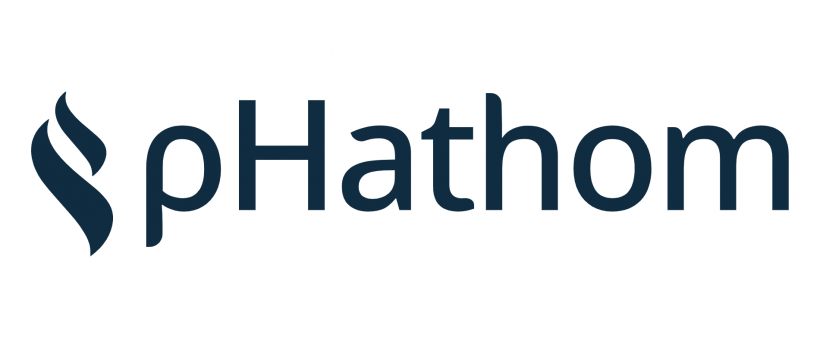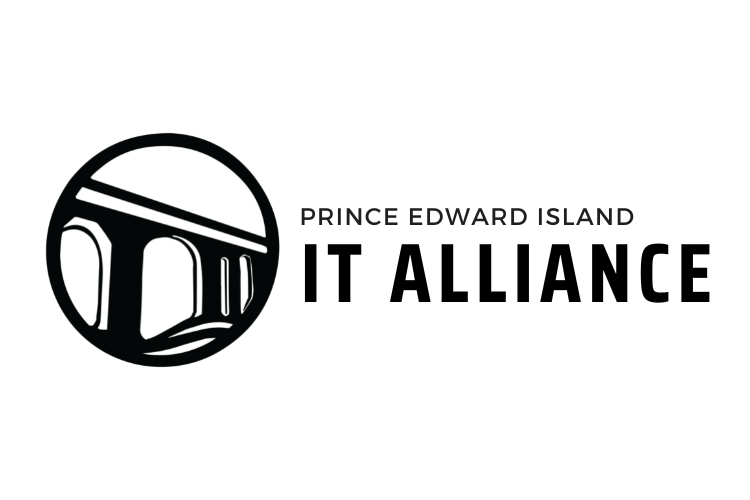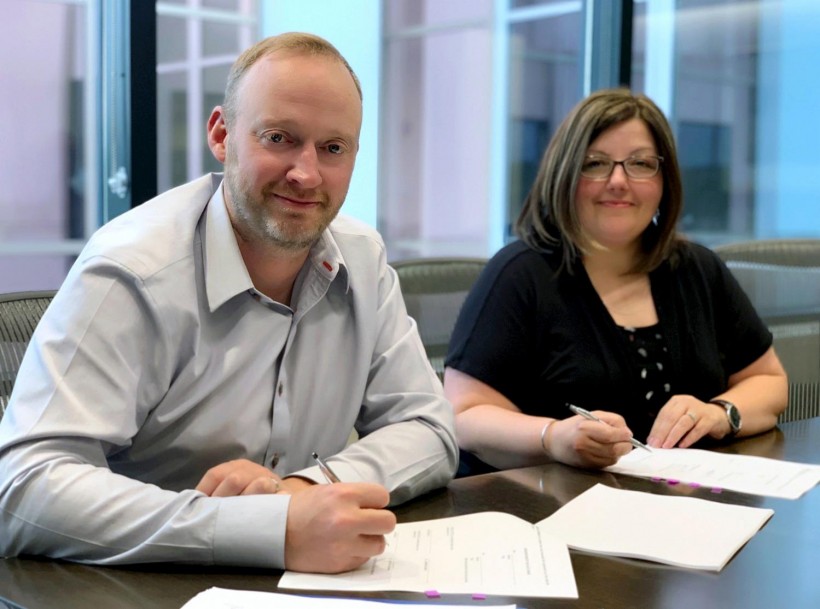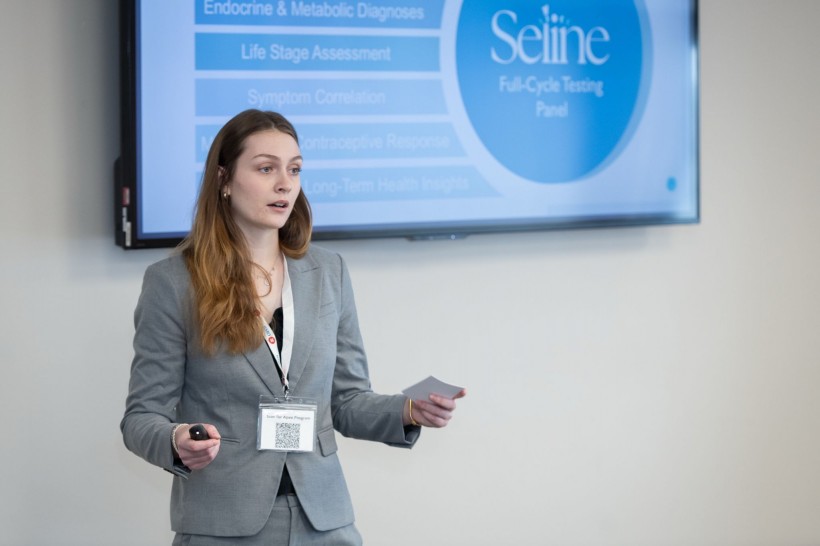One subject that has cropped up increasingly in recent conversations about Atlantic Canada startups is the difficulty many have had this year with the federal government’s Scientific Research and Experimental Development program.
Known as SR&ED and pronounced “sred,” the program administered by the Canadian Revenue Agency has long been used by small and large Canadian companies to finance research and development. However, several entrepreneurs said they have been denied funding — sometimes amounting to hundreds of thousands of dollars — in 2014, even though their applications were successful in previous years.
See also: Should You Bother with SR&ED?
“According to the Canada Revenue Agency, the law for determining scientific eligibility is the same,” said a recent report from the accountancy BDO.
“What has changed is the CRA’s interpretation of this law, along with the introduction of new policies with respect to administering the SR&ED program.”
The program allows Canadian businesses — from startups to multinationals — to claim back money for their research and development spending when they file corporate income taxes. In other words, if a company spends a certain amount on scientific research, it can claim for that on tax returns with the hope to receive some money back from CRA. Companies can make claims even if they don’t yet have sales, and therefore don’t pay corporate taxes.
However, five Atlantic Canada startup entrepreneurs or their advisers said in interviews that their claims were rejected this year. The companies received payments in the past, and therefore included the funding in their annual budgets. When the money did not come, a few of these companies laid off employees.
One company interviewed said it had received its funding as it had in past years. All spoke on the condition of anonymity.
“This is a very serious and unnecessary burden that these startups have to deal with,” said Gerry Pond, chairman of East Valley Ventures in New Brunswick, when asked about the funding.
One startup veteran said the difficulties arise from CRA applying a stringent definition of scientific research. In its purest form, research begins with a hypothesis, proceeds with experimentation and clinical trials, and ends with a conclusion.
The problem with applying such rules to startups is that information technology developers, for example, tend to experiment loosely, coming up with ideas, trying them and pursuing things that work. It’s effective for developing businesses but doesn’t meet the precise definition of scientific research.
CRA spokeswoman Nathalie Poirier-Schofield said the rules haven’t changed, though they have been reviewed in the last two years. She said the agency has a responsibility to ensure awards are granted only when merited.
“Consequently, in order to qualify for SR&ED tax incentives, work must satisfy the eligibility criteria set out in the (Income Tax) Act,” she said.
Craig Mulcahy, a BDO specialist in the program, said he has seen a “stabilization” in funding under the initiative in recent months as entrepreneurs grow more accustomed to current filing procedures.
“In the first three to six months of the year, we were going into audits with our clients, and what we had handed CRA was prepared on the old understanding,” said Mulcahy.
“We didn’t always have crystal clear documentation. Industry in general had a few rough months, but we’re probably back now at historic acceptance levels.”
Entrevestor receives financial support from government agencies that support start-up companies in Atlantic Canada. The sponsoring agencies play no role in determining which companies are featured in this column nor do they have the right to review columns before they are published.









